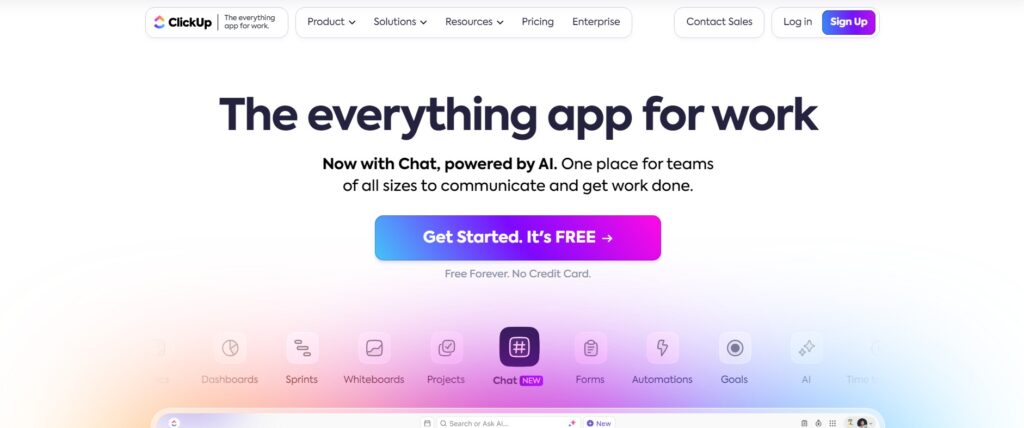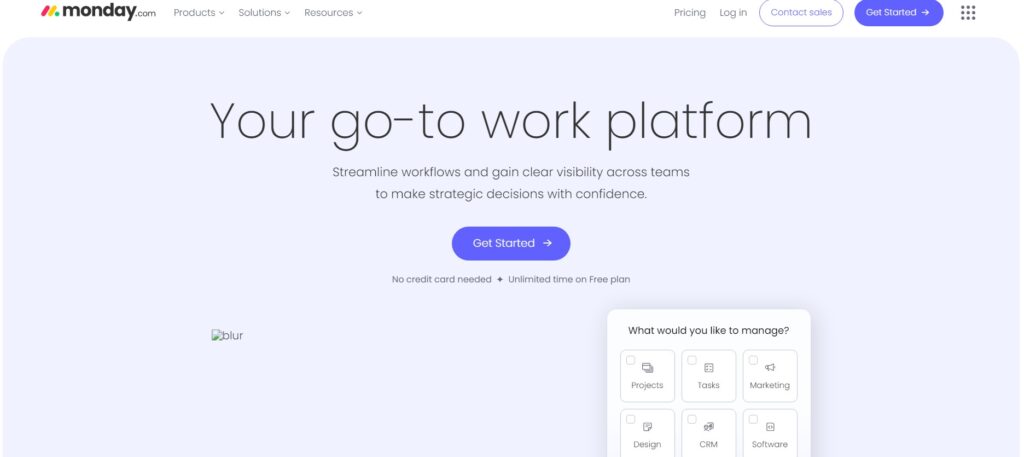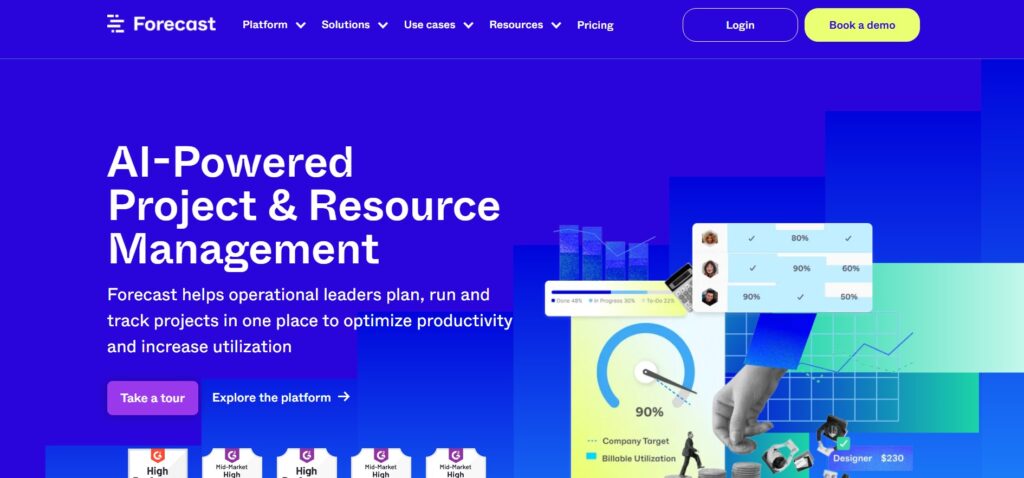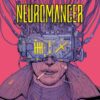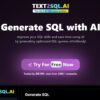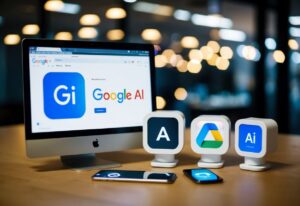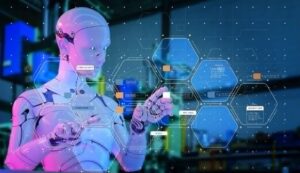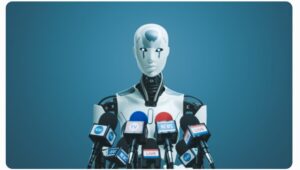AI project management tools
10 Amazing AI Project Management Tools in 2025
AI project management tools have become essential in streamlining workflows, automating routine tasks, and providing deep insights to keep projects on track.
These tools not only save time but also help project managers make data-driven decisions, enhance team collaboration, and optimize resource management.
Let’s dive into five of the best AI project management tools in 2025 that are reshaping the way teams handle complex projects.
1. ClickUp
ClickUp has integrated advanced AI tools into its project management platform, offering users enhanced capabilities for productivity and collaboration.
With features such as predictive task scheduling and automated time management, ClickUp is ideal for teams looking to streamline their workflows in a highly customizable workspace.
Features:
- Predictive Scheduling: Automatically schedules tasks and provides completion time estimates based on team performance data.
- Smart Automation: Automates recurring tasks, sends reminders, and adjusts schedules based on real-time project changes.
- AI-Powered Goal Tracking: Monitors team progress towards project goals and alerts managers to potential bottlenecks.
- Time Tracking & Reporting: Tracks time spent on tasks and generates detailed performance reports for analysis.
Use Cases:
- Task Management: Plan, assign, and monitor tasks seamlessly across teams.
- Workflow Automation: Automate repetitive tasks and streamline project processes.
- Team Collaboration: Improve communication and coordination through integrated messaging and file-sharing features.
2. Asana
Asana’s AI-driven updates in 2025 bring an advanced suite of project planning, scheduling, and tracking features. Asana now uses machine learning to help prioritize tasks, forecast deadlines, and manage resources, making it a top choice for project managers overseeing complex or large-scale projects.
Features:
- Smart Workload Balancing: AI analyzes task loads and reallocates resources automatically to avoid bottlenecks.
- Predictive Deadlines: Estimates timelines for task completion based on historical data and current progress.
- Automated Dependency Tracking: Automatically manages task dependencies and alerts team members if deadlines are at risk.
- Natural Language Processing (NLP): Allows users to assign tasks and set deadlines using conversational language.
Use Cases:
- Resource Management: Efficiently balance workloads and reallocate resources as needed.
- Timeline Management: Monitor deadlines and adjust schedules dynamically.
- Project Planning: Streamline project planning with AI-guided task prioritization and workload distribution.
3. Monday.com
Monday.com has integrated powerful AI functionalities for project management, designed for flexibility and adaptability across a range of industries. It uses AI to enhance reporting, improve task prioritization, and offer real-time analytics, making it a strong contender for teams that require extensive customizability and robust insights.
Features:
- AI-Enhanced Dashboards: Provides customized insights and highlights key metrics through real-time data visualization.
- Automated Task Prioritization: Analyzes deadlines, task importance, and resource availability to rank tasks accordingly.
- Predictive Analytics: Anticipates project delays and suggests adjustments based on team performance trends.
- Integration with Third-Party Tools: Connects seamlessly with other apps like Slack, Zoom, and Google Drive for efficient communication.
Use Cases:
- Customizable Workflows: Build adaptable workflows tailored to specific project requirements.
- Data-Driven Decision Making: Use AI-generated insights to guide project strategy and resource allocation.
- Collaborative Projects: Facilitate team coordination with AI-powered communication tools and integrations.
4. Wrike
Wrike leverages AI to boost productivity and streamline project management with features that help teams stay focused and organized. Wrike’s AI algorithms enhance project planning by predicting potential project risks, helping teams adjust timelines and resources as needed.
Features:
- Risk Prediction and Mitigation: AI flags potential risks and suggests mitigation strategies to keep projects on track.
- Task Automation: Automates repetitive tasks, such as status updates and resource adjustments.
- Customizable AI Reports: Generates comprehensive reports tailored to specific project metrics and objectives.
- Collaboration Hub: Centralizes communication, file sharing, and project discussions in a single platform.
Use Cases:
- Risk Management: Identify and address project risks proactively with AI-driven insights.
- Resource Allocation: Optimize resource use through automated scheduling and load balancing.
- Real-Time Reporting: Get instant access to performance metrics and project status with custom AI reports.
5. Trello with Butler AI
Trello’s Butler AI offers powerful automation features within its card-and-board project management system, allowing teams to customize workflows and automate tasks in an intuitive way.
While Trello is known for its simplicity, Butler AI extends its functionality to support more complex project needs.
Features:
- Automated Workflows: Set rules, buttons, and scheduled commands to automate common actions.
- Smart Suggestions: Butler AI suggests automations based on user behaviour, optimizing task flow.
- Custom Command Building: Users can create custom rules to automate repetitive actions and manage task dependencies.
- Power-Up Integrations: Integrates with various tools like Slack, Google Drive, and more for seamless collaboration.
Use Cases:
- Workflow Automation: Streamline repetitive actions and enhance productivity with custom automations.
- Task Management: Manage tasks efficiently using automated sorting, reminders, and updates.
- Simple Project Management: Ideal for small teams looking to boost productivity without complex setups.
6. Smartsheet
Smartsheet combines a familiar spreadsheet interface with AI-powered project management features, making it ideal for teams used to working with data-heavy projects. With machine learning algorithms, Smartsheet predicts project timelines, automates approvals, and provides valuable insights for decision-making.
Features:
- Automated Workflows: Streamlines approval processes and notifications with automated workflows.
- AI Data Analysis: Identifies trends, analyzes progress, and generates reports for data-driven decisions.
- Predictive Timeline Forecasting: Estimates timelines and workload projections using machine learning.
- Enhanced Collaboration: Supports collaborative features such as comments, file attachments, and @mentions to streamline communication.
Use Cases:
- Spreadsheet-Based Project Management: Perfect for teams accustomed to spreadsheet workflows.
- Data-Driven Decisions: Gain insights from real-time data analytics to inform project strategy.
- Approval Workflows: Automate processes for quick approvals and updates on project progress.
7. Forecast
Forecast is an AI-powered resource and project management tool designed to help teams with scheduling, budgeting, and predicting potential roadblocks. With AI-driven insights, Forecast assists teams in planning projects that align with available resources and realistic timelines.
Features:
- Auto-Scheduling: Automatically schedules tasks based on team availability and skill sets.
- Budget Management: Tracks and predicts budget requirements, flagging overspending risks.
- Workload Management: Balances team workload, reallocates resources as needed, and prevents burnout.
- AI-Powered Insights: Predicts project delays and resource shortages for proactive management.
Use Cases:
- Resource Planning: Optimize project scheduling and workload distribution.
- Budget Tracking: Control project costs with real-time budget monitoring.
- Forecasting: Predict and address project roadblocks before they occur.
8. Zoho Projects
Zoho Projects has added new AI functionalities to its comprehensive suite, providing robust tools for task automation, resource management, and detailed reporting. Zoho’s Zia AI Assistant also supports project managers with smart predictions and reminders for task completion.
Features:
- AI-Driven Predictions: Provides predictions on task durations, resource usage, and potential project delays.
- Automated Task Scheduling: Streamlines task assignments based on team availability and deadlines.
- Zia Assistant: Zoho’s AI chatbot helps manage schedules, provides reminders, and answers questions.
- Advanced Time Tracking: Tracks time spent on tasks and generates insightful reports.
Use Cases:
- Automated Project Scheduling: Automatically adjusts timelines based on task dependencies.
- Time Management: Gain control over productivity with accurate time tracking and reporting.
- Task Prioritization: Prioritize tasks with Zia’s smart predictions and reminders.
9. Microsoft Project with Power BI
Microsoft Project integrates with Power BI to offer AI-powered analytics, delivering comprehensive reports and insights for large-scale project management. Microsoft’s suite combines detailed tracking, budgeting, and team management in one powerful tool, making it especially valuable for large enterprises.
Features:
- AI-Driven Analytics: Power BI provides dynamic project insights, tracking progress, and identifying inefficiencies.
- Automated Resource Allocation: Manages resources based on project requirements and team capabilities.
- Advanced Reporting: Generates customizable reports for detailed analysis of project status and performance.
- Collaboration Features: Integrates seamlessly with Microsoft Teams for efficient communication.
Use Cases:
- Large-Scale Project Management: Ideal for complex projects requiring deep analytics and control.
- Resource Optimization: Use AI to distribute resources efficiently across multiple projects.
- Real-Time Reporting: Access up-to-date project insights for informed decision-making.
10. Jira with Automation for Jira
Jira, widely used for software development, incorporates AI with its “Automation for Jira” feature to enhance task automation, bug tracking, and team workflows.
Ideal for agile teams, Jira’s AI capabilities support automated actions and help teams stay productive through streamlined workflows.
Features:
- Automated Workflow Triggers: Automates routine actions like assigning tasks, updating statuses, and sending notifications.
- Intelligent Reporting: Provides AI-powered insights into team productivity and project progress.
- Customizable Automation Rules: Allows for highly specific rules to automate tasks according to workflow needs.
- Integrations: Integrates with development tools like GitHub and Bitbucket for seamless DevOps management.
Use Cases:
- Agile Development: Tailored for agile teams needing real-time updates and automated workflows.
- Bug Tracking: Track and resolve issues efficiently with automated reporting and task assignments.
- Productivity Tracking: Gain insights into team performance and project milestones with AI reporting.
Conclusion
AI-driven project management tools are transforming the way teams work by automating repetitive tasks, offering predictive insights, and streamlining workflows.
From advanced analytics in Microsoft Project to customizable automation in Jira, each tool offers distinct benefits tailored to diverse project needs.
Whether you’re managing small tasks in Trello or handling complex resource allocation in Forecast, adopting these tools in 2025 can significantly boost team productivity, improve project outcomes, and make data-driven decision-making an integral part of your project management process.

